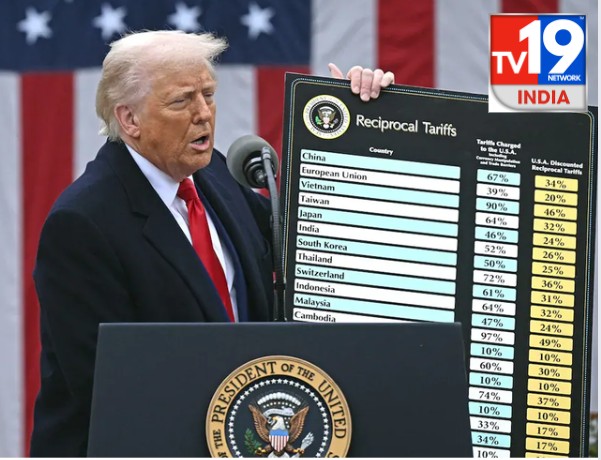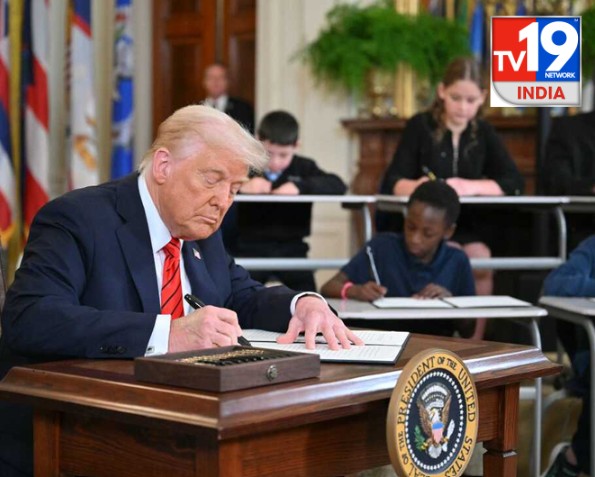Trumps Liberation Day Tariffs Set to Shake Global Trade and the American Economy
Washington, D.C. – The White House has declared April 2 as "Liberation Day," marking the announcement of a sweeping set of tariffs by U.S. President Donald Trump. Promising to restore what he calls the "golden age" of American wealth and independence, Trump aims to reduce the nation's dependence on foreign goods by imposing new import taxes.
This move is expected to have significant consequences, not only for global trade but also for American consumers. While the Trump administration argues that the tariffs will boost domestic production and protect American jobs, critics warn that they could lead to higher prices for everyday goods, further straining household budgets. Economic analysts suggest that the costs of these tariffs will likely be passed down to American families in the form of increased prices and lower wages.
Despite these concerns, Trump remains undeterred. In a show of strength, he has invited top CEOs to the White House to showcase their commitments to investing billions of dollars in new projects designed to bypass the import taxes. His administration believes that this strategy will encourage more manufacturing within the U.S., reducing reliance on foreign supply chains.
Trump's tariff plan includes imposing import taxes on goods from countries with persistent trade deficits with the U.S. A key component is the introduction of "reciprocal" tariffs, which would match the import duties and subsidies imposed by other nations on American exports. Treasury Secretary Scott Bessent has identified 15 key trading partners, labeled the "Dirty 15," which are likely to face these duties. Among them are major economies such as the European Union, China, India, South Korea, Japan, Mexico, Brazil, Vietnam, and Taiwan.
The new trade policy is expected to send shockwaves through global markets, with industries scrambling to adjust to the shifting landscape. Some U.S. businesses that rely heavily on imported materials and products may face significant cost increases, leading to potential disruptions in supply chains and consumer pricing.
While Trump and his supporters see these tariffs as a step toward strengthening America's economic sovereignty, opponents argue that they could backfire by triggering retaliatory measures from affected countries. Trade experts caution that such actions might escalate into a global trade war, potentially harming American businesses and economic growth.
As "Liberation Day" approaches, all eyes are on Washington to see how Trump's latest economic manoeuvre will reshape global commerce and its impact on American consumers and businesses.






